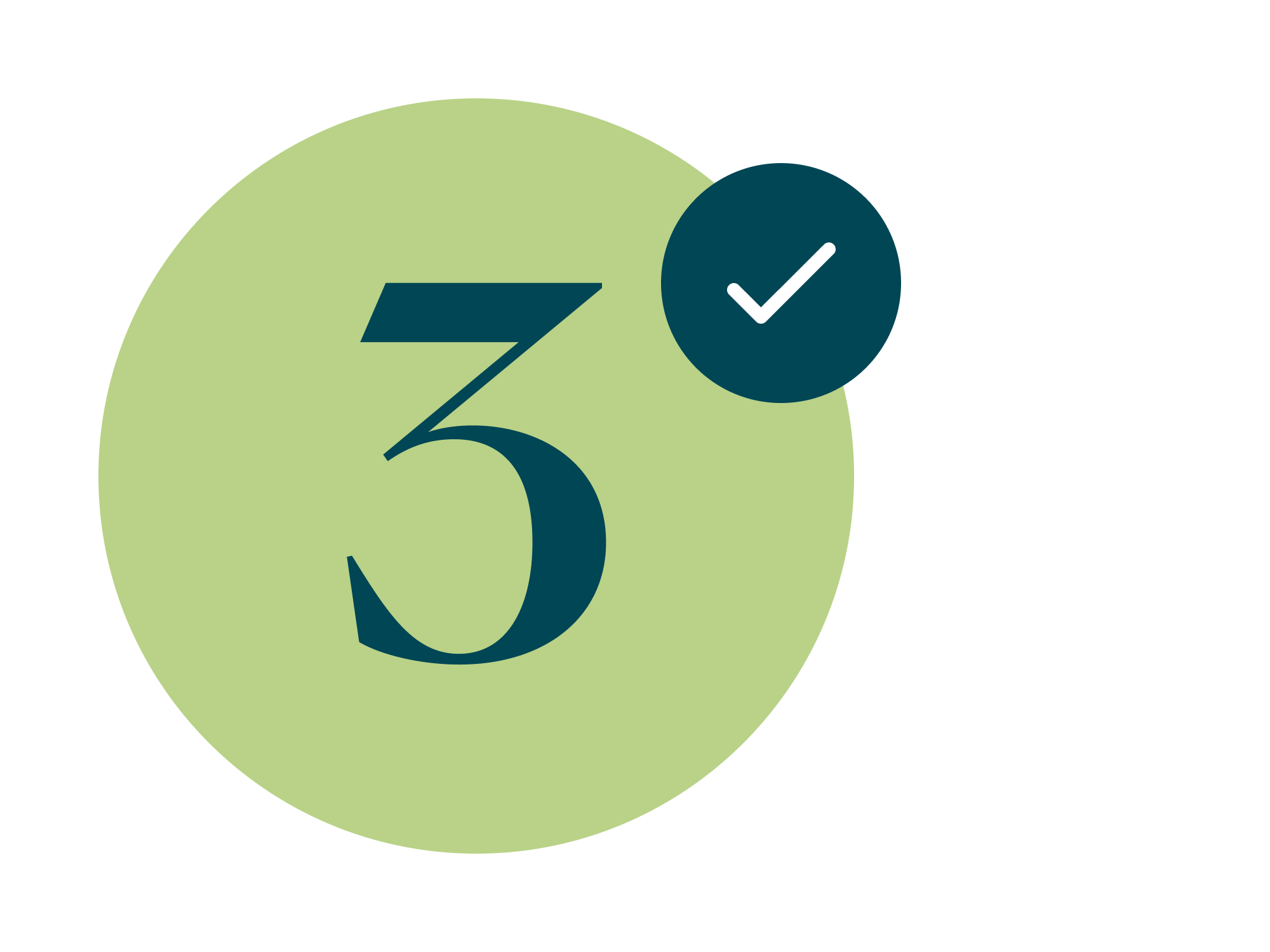Yes. As a student, you can work alongside your studies – but there are various restrictions. The underlying rule is that your main occupation remains that of a student.
Students from the EU/EEA can be employed alongside their studies – as either a “working student” (Werkstudent) or in a so-called “Mini-Job”. Working students can generally work up to 20 hours a week on average. It’s possible to work more than 20 hours a week during weekends and study breaks, but only for a maximum of 26 weeks per year. It doesn’t matter how much money you earn as a working student, as long as the time restrictions are maintained. If your work time exceeds these limits, your main occupation is no longer a student – and you’ll be insured as an employee.
When you start working alongside your studies, you’ll need to take out mandatory student health insurance with a German health insurance provider like Barmer. As soon as you plan to start your job, please contact us so that we can provide you with all the necessary documents.
Non-EU/EEA students can be employed alongside their studies – as either a “working student” (Werkstudent) or in a so-called “Mini-Job” – if the residence permit allows for this. When you apply for a residence permit, speak with the immigration authorities about working alongside your studies so you know exactly what work permits and time restrictions apply to you.













